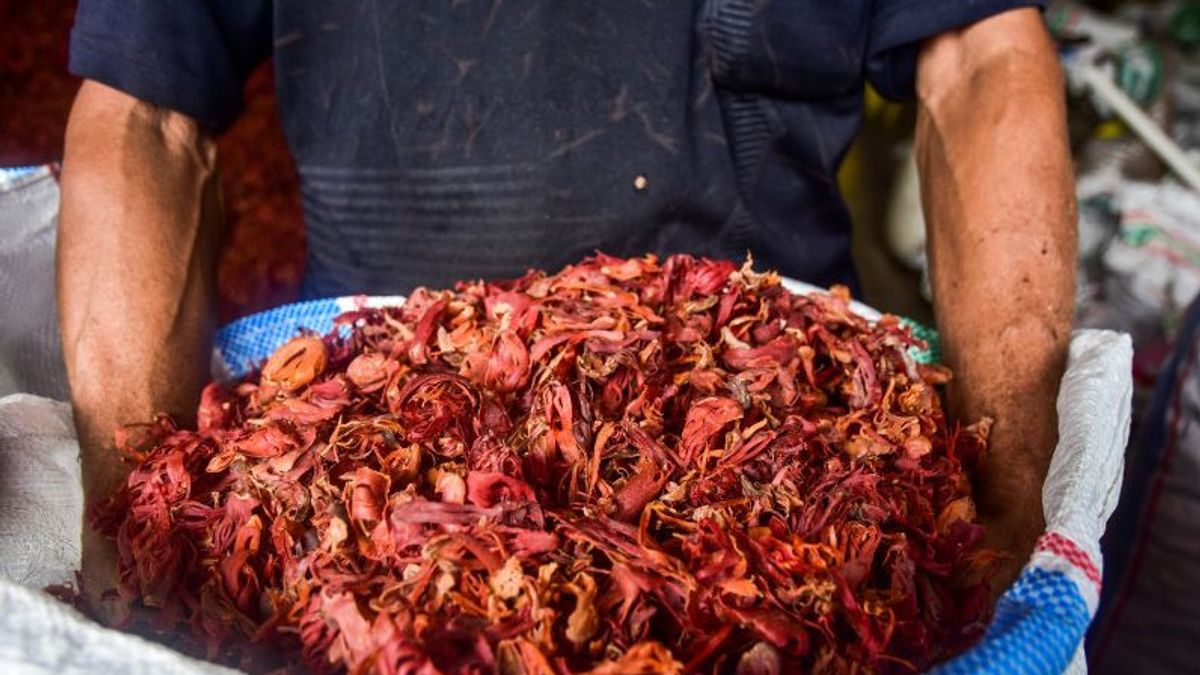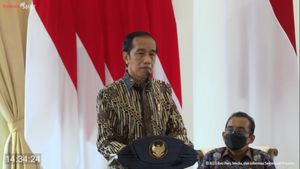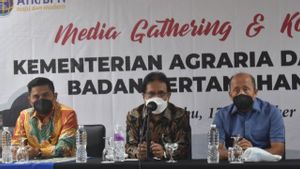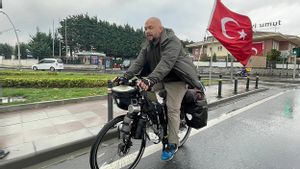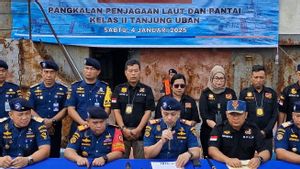JAKARTA - The Ministry of Education, Culture, Research, and Technology (Kemendikbudristek) encourages further exploration of spices - which are Indonesia's natural wealth - for the benefit of the world of health.
"Not only medicine, for beauty, for food recipes, and that is what we have not explored further. We hope that the role of doctors through PDPOTJI (Association of Indonesian Traditional Medicine and Herbal Medicine Developers) will be strategic in the future," said Secretary of the Directorate General of Culture at the Ministry of Education and Culture, Fitra Arda quoted by Antara, Sunday, November 21.
In the webinar "Awakening the Glory of Indonesian Spices and the Role of Doctors in the Past, Present, and Future", Fitra said that since the first, Indonesian people have known how to use plants from roots to leaves for various benefits whose knowledge is passed down to the next generation through manuscripts, as well as oral traditions.
"So far we have not processed our past wealth (spices) to the fullest," he continued.
The use of spices for daily purposes has been recorded in the reliefs at Borobudur Temple. The past knowledge is reconstructed again through research and study so that this natural wealth can be utilized in today's life.
He said doctors and research institutes have a strategic role in translating past knowledge by relying on Indonesian plants including spices to solve and find a way out of the problems they face.
"We remember grandmother's recipes related to culinary or medicine, if in the past, they said 'enough', that needs to be translated into scientific language," continued Fitra.
SEE ALSO:
Fitra said, Indonesia was given abundant natural wealth in the form of spices which created the Spice Route, a world trade route that also gave birth to global civilization. The spice route proves that the archipelago has an important role in shipping and commerce in the world.
The spice route is not just a trade route, but also a cultural route that gives birth to thoughts and cultural exchanges that affect today's life. The spice route is believed to be a means of cultural exchange that strengthens Indonesian culture.
"From this spice route, Indonesia knows the tribes in the archipelago as well as foreign nations, then there is assimilation and adaptation that has an impact on the civilization we are still living," he said.
The Ministry of Education, Culture, Research, and Technology, continued Fitra, is ready to cooperate with parties who want to research past knowledge to be used in today's life by sharing data and knowledge about spices.
The English, Chinese, Japanese, Arabic, and French versions are automatically generated by the AI. So there may still be inaccuracies in translating, please always see Indonesian as our main language. (system supported by DigitalSiber.id)
